DHAKA, JUNE 06 (V7N) - The Bangladesh Association of Pharmaceutical Industries (BAPI) is viewing the proposal to further increase duty and tax exemptions on the import of raw materials for the pharmaceutical industry in the 2025-26 fiscal year budget as positive. Bangladesh Pharmaceutical Industry Association. Such a decision by the government will further strengthen the country's pharmaceutical industry.
The proposal of various duty exemptions on the import of raw materials in the pharmaceutical API industry will help the pharmaceutical API industry to become more established. Especially, the path to marketing very high-priced anti-cancer drugs will be paved. It is to be noted that 90 percent of APIs are imported in the country. This tariff policy will help in the gradual growth of the API industry to overcome this imported situation. At the same time, the path will be paved for the production of many APIs in the country. As a result, the price of all anti-cancer drugs will be stable and availability will increase. A huge guarantee of always getting high-tech and quality drugs for the general public will be created in the country.
We hope that the pharmaceutical industry will not only meet the domestic needs of the country, but will also become one of the export sectors if it gets some more incentives. Another thing to mention here is that there is still a high duty on sandwich panels and laboratory furniture used in the investment of the pharmaceutical industry. Whereas earlier it was only 1 percent. We hope that the government concerned will pay extra attention here and bring this duty to the previous position in the case of panels for the new pharmaceutical industry.
Financial Advisor Salehuddin Ahmed said in his budget speech, 'Special importance has been given to expanding the scope of services, developing infrastructure and recruiting skilled manpower to bring all citizens under the umbrella of universal healthcare by 2030. The recruitment of doctors, nurses, technicians, pharmacists and health assistants has been accelerated to fill the vacant posts in the health sector and a comprehensive plan has been taken to create the necessary posts.' The Honorable Financial Advisor has proposed reducing customs duties and taxes on the import of machinery and equipment for the establishment of all hospitals with more than 50 beds in addition to referral hospitals. In response to the budget, the Pharmaceutical Industry Association said, "Expanding the above opportunity in the medical system will greatly benefit the patients of the country."
Apart from this, in this year's budget, hybrid and electric vehicles, including general and ICU ambulances, have been conditionally exempted from VAT until June 30, 2030. The Bangladesh Pharmaceutical Industry Association believes that this will play an important role in the health care of the people.
The Bangladesh Pharmaceutical Industry Association believes that all the good initiatives taken by the government in this year's budget are commendable. However, those who will implement these good initiatives, especially the Board of Revenue and the relevant government officials, must be diligent and sincere in carrying out their duties properly.
Meanwhile, in addition to the above benefits provided in the proposed budget, the following issues are requested to be considered and included in the final budget.
1. In the last fiscal year, the minimum tax rate for non-listed companies was 25%, which has been increased to 27.5% in this budget. But due to the increase in costs in all areas, almost all pharmaceutical companies are going through an unfavorable period. At this time, this increase in corporate tax rate will create additional tax burden on non-listed pharma companies. In such a situation, an application is being made to keep the corporate tax rate at 25%.
2. The proposed budget has not increased the tax-free limit at the individual level and in some cases, due to changes in conditions, the tax of officials and employees engaged in industry will increase. This will reduce the actual income of the officials and employees. A request was made to consider the matter.
3. The government has set the minimum corporate tax rate for companies at 1% of gross sales revenue in the proposed budget, which was previously 0.6%. Since most pharma companies are now struggling to make a profit, this increase in the minimum tax will severely reduce the capacity of pharma companies. If they do not make a profit, the companies will have to pay this tax from their capital - which is not logical in any way. Considering this, it was requested to keep the minimum tax rate at its previous level.
END/EHM/RH/




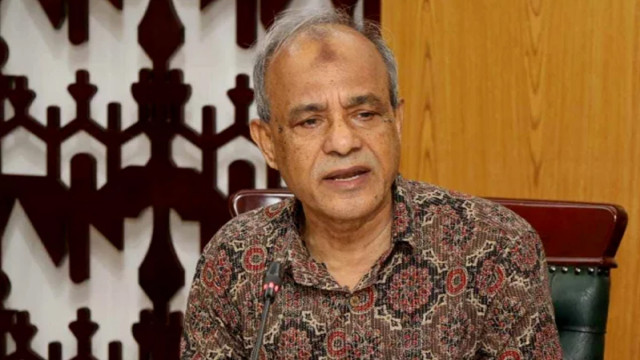
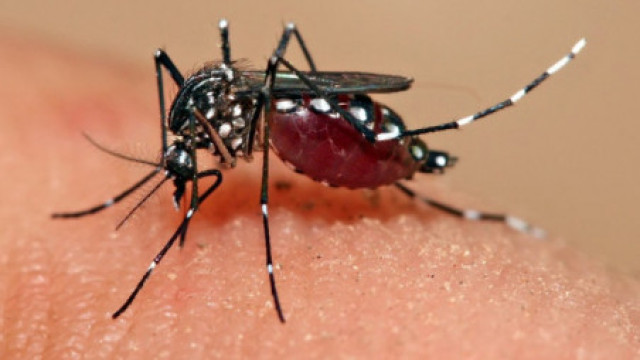

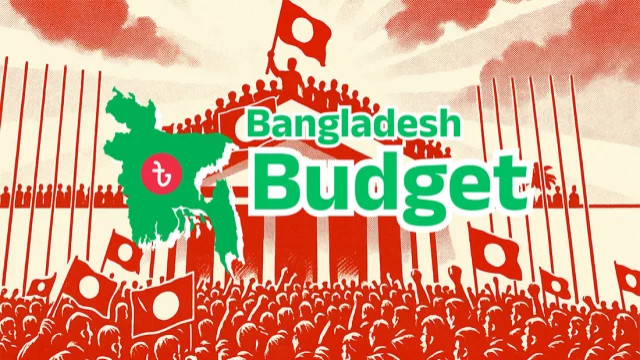
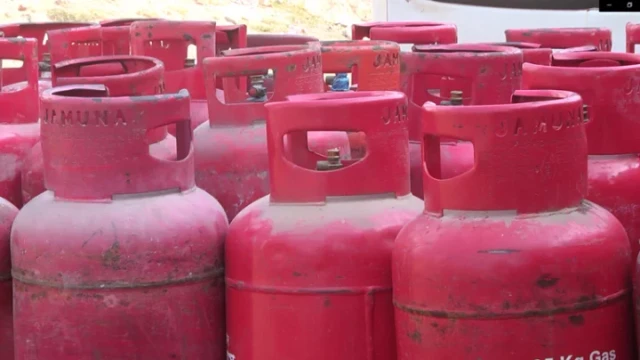






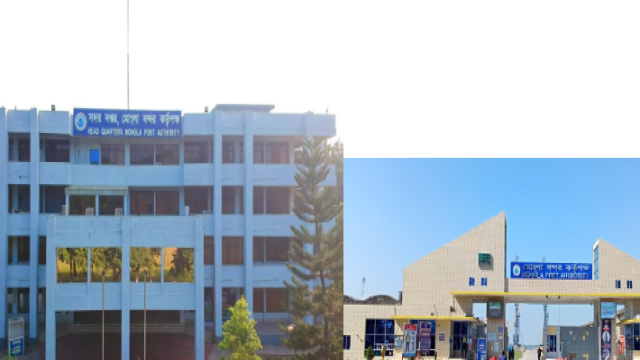








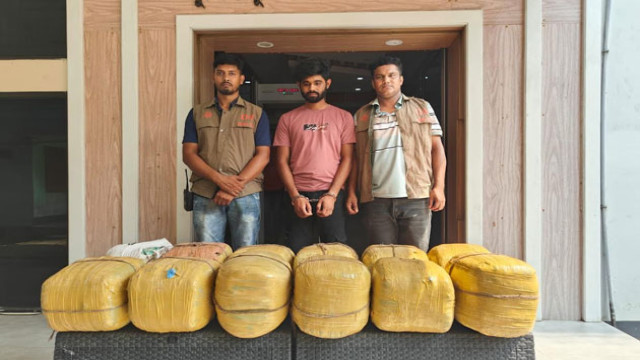


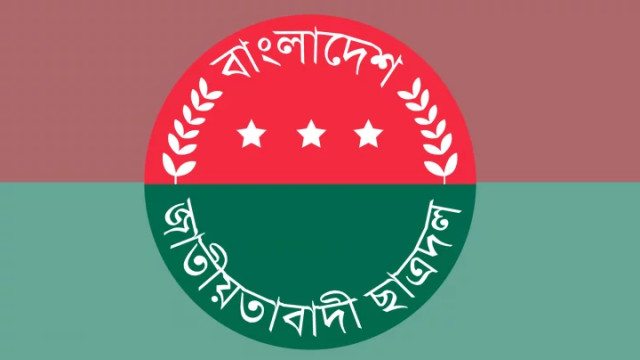

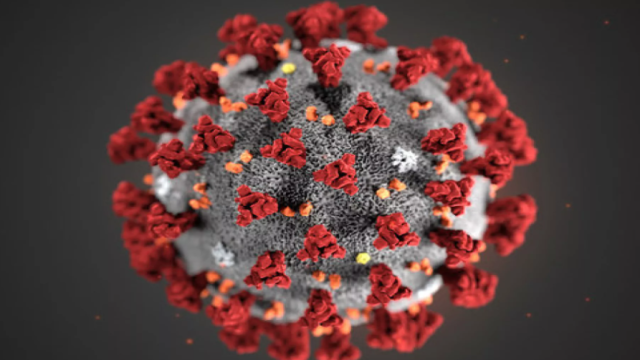

Comment: